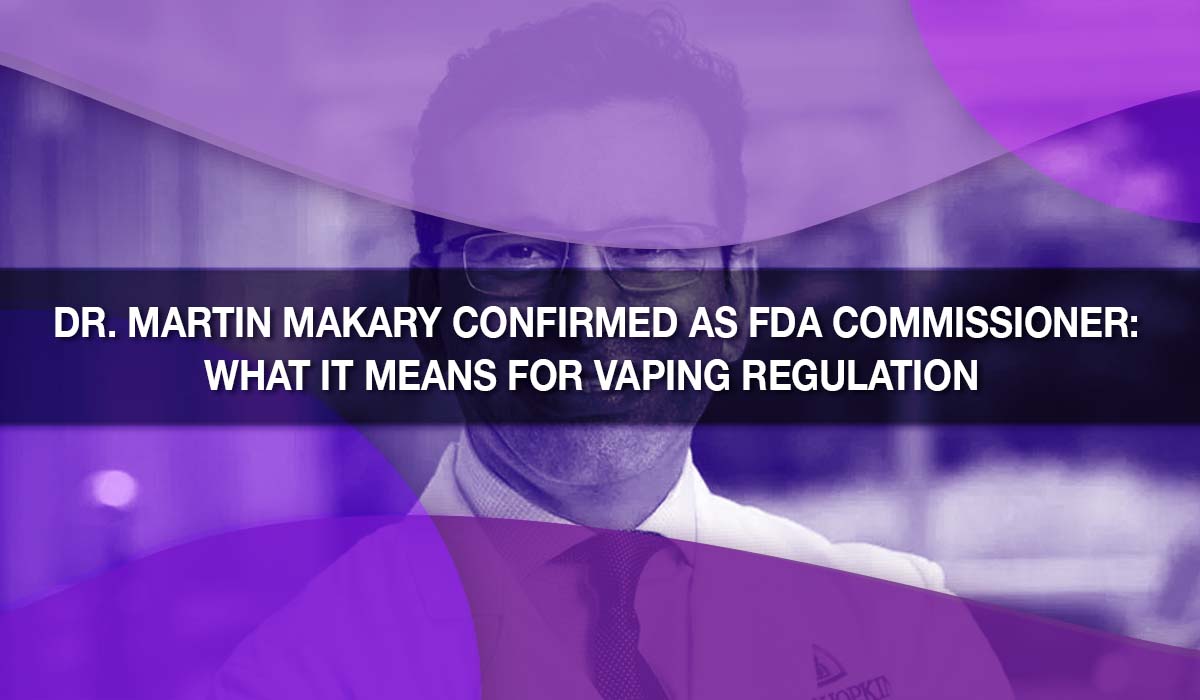
Dr. Martin Makary Confirmed as FDA Commissioner: What It Means for Vaping Regulation
The U.S. Senate has officially confirmed Dr. Martin Makary as the new commissioner of the Food and Drug Administration (FDA), a role that places him at the helm of regulatory oversight for consumer tobacco and nicotine products, including vaping. Makary’s confirmation, passed by a 56-44 vote, signals a new era for the FDA, but questions remain regarding his stance on vaping policy and enforcement.
A Shift in Leadership at the FDA
Dr. Makary, a pancreatic surgeon and Johns Hopkins professor, has built a reputation as a healthcare policy expert, with a particular focus on medical reform, antibiotic overuse, and overtreatment in the healthcare system. His appointment by former President Trump aligns with a broader shift in federal health leadership, following the recent confirmations of Jay Bhattacharya to lead the National Institutes of Health (NIH) and Robert F. Kennedy Jr. as Secretary of Health and Human Services (HHS).
While Makary’s overall approach to public health is well-documented, his position on vaping remains largely uncharted territory. However, comments made during his confirmation hearing have sparked concern among vape industry stakeholders and independent businesses.
Makary’s Take on “Illegal” Vapes and Enforcement
During a Senate confirmation hearing, Florida Senator Ashley Moody questioned Makary about the influx of unauthorized vaping products from China. His response indicated a hardline approach, referencing the FDA’s enforcement arm as a potential tool to combat these products:
“There are a few things the FDA can do to try to address this problem. First of all, the Office of Inspections and Investigation has a lot of people with guns, and they do enforcement and raids. We need—in collaboration with the Department of Justice and other areas of law enforcement—to try to address this problem of illegal products on our market.”
These comments echo a broader trend within the FDA’s Center for Tobacco Products (CTP), which under current Director Brian King, has focused heavily on enforcement rather than establishing clear and reasonable product standards. The tobacco industry, which has lobbied for stricter measures on disposable vape competitors, is likely to welcome this enforcement-first mentality, as it benefits established companies with FDA-authorized products.
The Future of Vaping Under Makary’s Leadership
For vaping consumers and businesses, the critical question remains: Will Makary help fulfill Trump’s campaign promise to “save flavored vaping,” or will he continue the FDA’s aggressive stance against independent vape companies?
If the administration is serious about reforming the regulatory landscape to allow the sale of flavored products that millions of adults rely on to stay smoke-free, Makary will need to take decisive action. This includes addressing the internal biases within the CTP, which has faced criticism for ignoring scientific consensus on the harm reduction benefits of vaping. The Reagan-Udall Foundation’s 2022 report highlighted these failures, underscoring the agency’s struggles to implement effective regulation.
CTP Director Brian King, a former CDC official known for his opposition to vaping, remains a pivotal figure in the agency’s approach to enforcement. His tenure has been marked by rejections of flavored vape applications, dismissals of expert recommendations, and alliances with anti-vaping advocacy groups. If Makary is serious about overhauling FDA tobacco regulation, a shake-up at the CTP will be necessary.
What Comes Next?
The vaping industry, independent retailers, and consumers are watching closely to see how Makary navigates the complex regulatory environment. His leadership will determine whether the FDA moves toward a balanced harm reduction strategy or continues down the path of enforcement-heavy regulation that disproportionately benefits Big Tobacco.
With Trump signaling a potential review of vaping policies, the next steps taken by Makary and the FDA will be critical. Will the new commissioner uphold the principles of harm reduction and consumer choice, or will the industry face further regulatory crackdowns? The answer will shape the future of vaping in America.


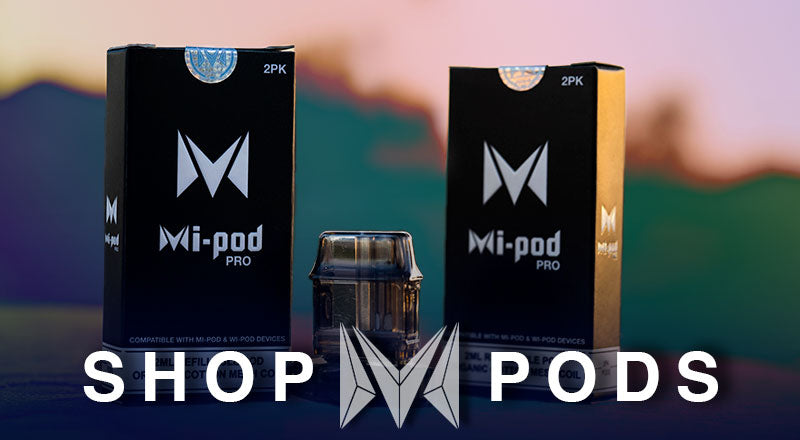
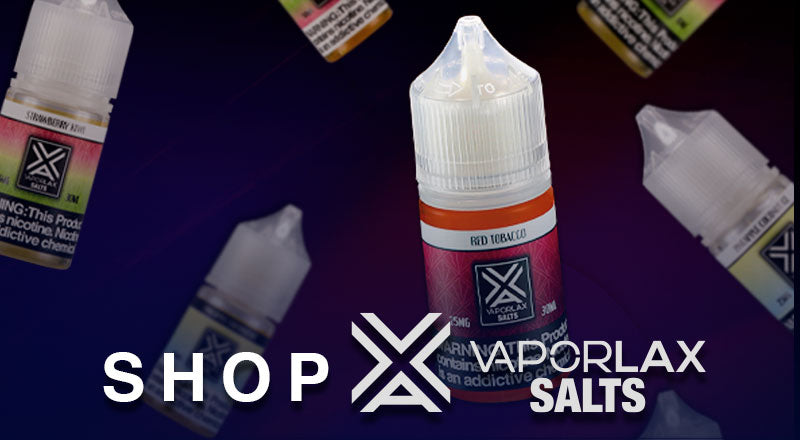
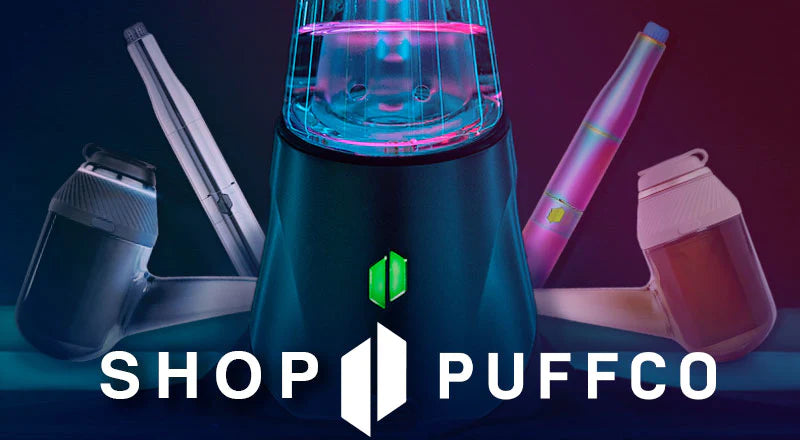
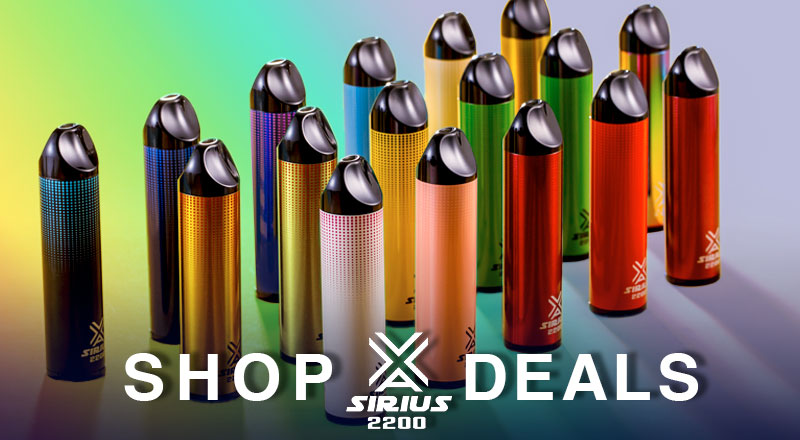

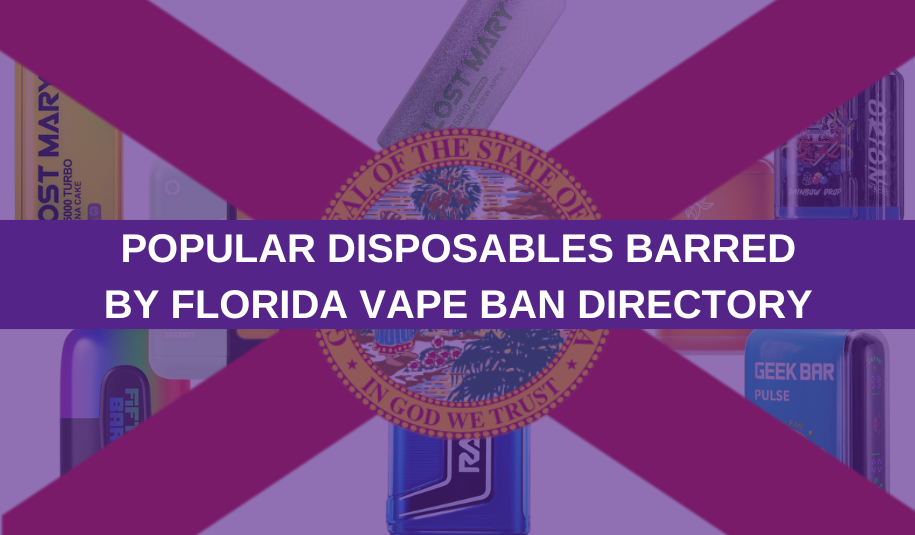

Leave a comment
This site is protected by hCaptcha and the hCaptcha Privacy Policy and Terms of Service apply.